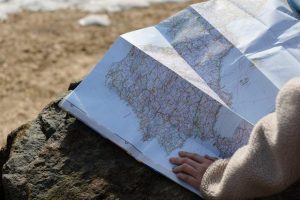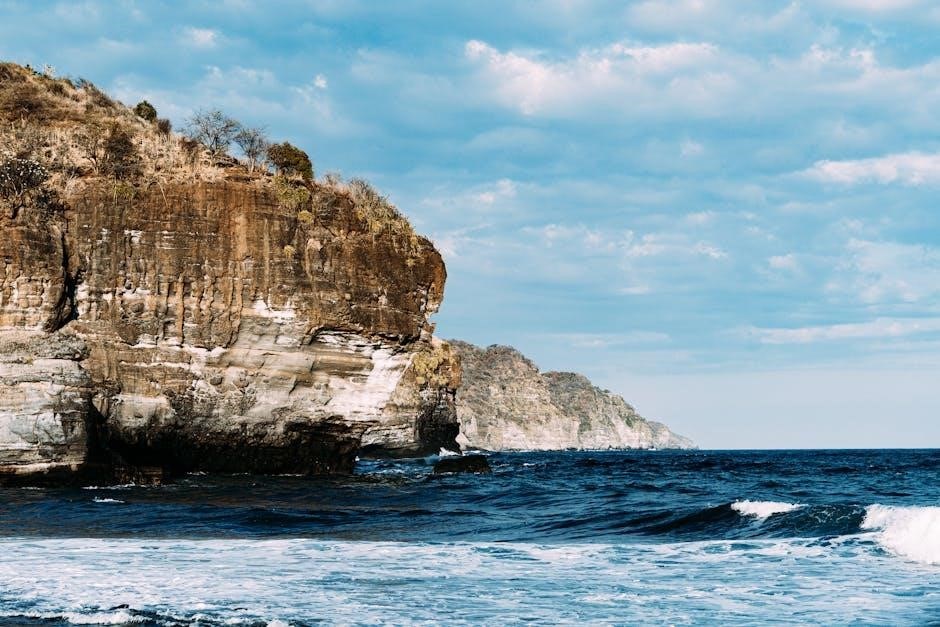
el salvador travel guide
El Salvador, Central America’s smallest country, offers a rich blend of culture, history, and natural beauty. From volcanic landscapes to stunning beaches, it captivates travelers with its vibrant spirit and recent safety improvements.
Overview of El Salvador
El Salvador, the smallest country in Central America, is bordered by Guatemala, Honduras, and the Pacific Ocean. Known as the “Land of Volcanoes,” it boasts a diverse landscape of rugged mountains, lush forests, and stunning beaches. The capital, San Salvador, is a bustling hub of culture and history. With a population of around 6.5 million, El Salvador offers a rich blend of colonial heritage, vibrant culture, and breathtaking natural beauty. Its strategic location makes it a unique destination for travelers seeking adventure, relaxation, and cultural immersion.
Why Visit El Salvador?
El Salvador offers a vibrant mix of adventure, culture, and natural beauty, making it a must-visit destination. Its stunning beaches attract surfers worldwide, while its volcanic landscapes and lush forests provide thrilling opportunities for hiking and exploration. The country’s rich history is reflected in its colonial towns and archaeological sites. Additionally, El Salvador’s warm climate, friendly locals, and affordable prices make it an ideal spot for travelers seeking an unforgettable experience. Whether you’re looking for relaxation, adventure, or cultural immersion, El Salvador has something for everyone.
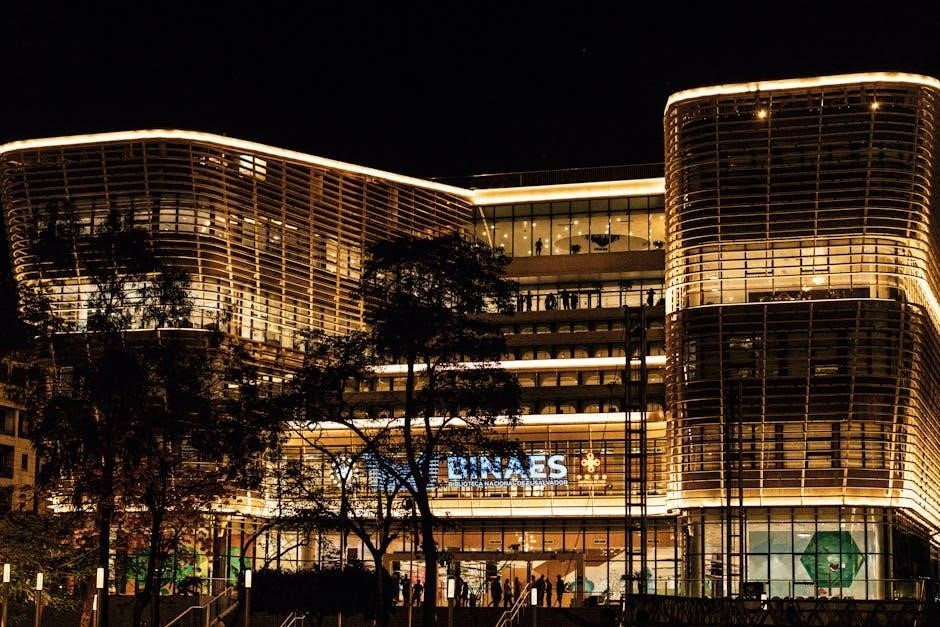
Best Time to Visit El Salvador
El Salvador’s dry season, from November to April, offers ideal weather for exploring its beaches, volcanoes, and cultural sites, making it the best time to visit.
Weather and Climate
El Salvador has a tropical climate, divided into wet and dry seasons. The wet season runs from May to October, with frequent rain and humidity, while the dry season, from November to April, offers sunny days and cooler temperatures. Average temperatures range from 70°F to 90°F (21°C to 32°C), with coastal areas being warmer and highland regions cooler. The climate varies slightly by elevation, with volcanic highlands experiencing milder conditions. The country is also susceptible to occasional hurricanes and tropical storms during the wet season, which can impact travel plans.
El Salvador Tourist Season
El Salvador’s peak tourist season is during the dry season, from November to April, when weather conditions are ideal for surfing, hiking, and exploring. This period coincides with holiday seasons in many countries, making it the busiest time. The shoulder season, from May to June and September to November, offers fewer crowds and lower prices while maintaining pleasant weather. The low season, from July to August, sees fewer tourists due to rain, but it’s a great time for budget travelers and experiencing local festivals and events.
Best Months for Surfing
The best months for surfing in El Salvador are from November to April, during the dry season, when consistent swells and offshore winds create ideal conditions. The waves are particularly strong from December to February, attracting experienced surfers. The shoulder months of May and September also offer good surfing, with fewer crowds and warm weather. Surfers of all levels can enjoy the Pacific coast’s year-round waves, but timing your visit during these peak months ensures the best experience for both beginners and professionals alike.
Best Places to Visit in El Salvador
El Salvador offers diverse attractions, including El Tunco for surfing, Joya de Cerén (the “Pompeii of the Americas”), and Ruta de las Flores for cultural charm and coffee plantations.
Top Beaches for Surfing and Relaxation
El Salvador boasts stunning beaches perfect for surfing and unwinding. El Tunco is a hotspot for surfers, with consistent waves and a lively atmosphere. El Zonte offers a more relaxed vibe, ideal for soaking up the sun. Sunzal Beach is known for its gentle waves, making it great for beginners, while Punta Roca attracts experienced surfers with its powerful breaks. Playa Mizata combines serene waters with scenic views, and Playa El Palmar is a hidden gem for those seeking tranquility. These beaches showcase El Salvador’s diverse coastline, catering to both adventure-seekers and those looking to unwind.

National Parks and Volcanoes
El Salvador is home to breathtaking national parks and iconic volcanoes that showcase its natural beauty; Parque Nacional Los Volcanes features the Santa Ana, Izalco, and Cerro Verde volcanoes, offering stunning hiking trails and panoramic views. The Santa Ana Volcano boasts a vibrant crater lake, while Izalco, known as the “Lighthouse of the Pacific,” is a challenging yet rewarding climb. Cerro Verde, with its lush cloud forests, provides a serene escape and breathtaking vistas of Lake Coatepeque. These natural wonders are must-visit destinations for outdoor enthusiasts and nature lovers.
Historical and Cultural Landmarks
El Salvador is rich in historical and cultural landmarks that reflect its vibrant heritage. The ancient Maya ruins of Joya de Cerén, known as the “Pompeii of the Americas,” offer a glimpse into pre-Columbian life. The Tazumal archaeological site showcases impressive stone pyramids and artifacts. The charming town of Suchitoto, with its cobblestone streets and colonial architecture, is a cultural treasure. The Metropolitan Cathedral in San Salvador and the vibrant Ruta de las Flores region further highlight the country’s deep history and artistic traditions, making it a fascinating destination for history enthusiasts and culture lovers.
Charming Colonial Towns
El Salvador’s colonial towns captivate visitors with their picturesque charm and rich history. Suchitoto, a UNESCO-recognized town, boasts cobblestone streets, colorful colonial buildings, and a vibrant arts scene. Ataco, nestled in the Ruta de las Flores, offers a blend of traditional architecture and lush natural surroundings. These towns provide a window into the country’s past, with historic churches, quaint plazas, and local artisans showcasing traditional crafts. They are perfect for a relaxing day trip, immersing yourself in El Salvador’s cultural heritage and enjoying the serene atmosphere of these colonial gems.
Hidden Gems Off the Tourist Trail
El Salvador is home to several lesser-known destinations that offer unique experiences for adventurous travelers. One such gem is the Sihuatehuacan Waterfalls, a serene natural wonder nestled in the mountains. Another is the charming town of Apaneca, known for its coffee plantations and stunning landscapes. For history enthusiasts, the Joya de Cerén, often called the “Pompeii of the Americas,” provides a fascinating glimpse into ancient Mayan life. These hidden gems allow travelers to explore unspoiled beauty and authentic culture, making them must-visit spots for those seeking off-the-beaten-path adventures.
Safety and Security in El Salvador
El Salvador has faced challenges with crime, but significant progress has been made. Tourists can stay safe by avoiding high-risk areas and following local advice from authorities.
Current Safety Situation
El Salvador has made significant strides in improving security, though petty crime and gang-related activity still exist. Most criminal incidents occur in non-touristy areas. The government has implemented security measures to protect visitors, and popular tourist spots are generally safe. It’s important for travelers to stay informed, avoid traveling at night, and use reputable transportation services. By exercising caution and following local guidelines, visitors can minimize risks and enjoy a safe experience exploring the country’s beautiful landscapes and vibrant culture.
Staying Safe as a Tourist
To ensure a safe trip to El Salvador, tourists should take practical precautions. Avoid displaying signs of wealth, such as expensive jewelry or large amounts of cash. Use licensed taxis or ride-sharing apps, and avoid hitchhiking or traveling alone at night. Stay informed about local conditions and steer clear of areas known for gang activity. Keep valuables secure and be mindful of your surroundings, especially in crowded areas. By being vigilant and following local advice, visitors can enjoy a trouble-free experience in this beautiful Central American country.
Emergency Contacts and Services
In El Salvador, the general emergency number is 911, which connects to police, fire, and ambulance services. For tourists, the POLITUR (Tourist Police) can be reached at 7851-4100 for assistance. Major hospitals like Hospital San Rafael and Hospital Bloom in San Salvador provide quality medical care. It’s advisable to carry a local SIM card or a reliable means of communication. Keep emergency contacts handy and inform someone about your travel plans for added safety.

Health and Safety
Ensure vaccinations for hepatitis A, typhoid, and rabies. Medical care is adequate in cities but limited in rural areas. Take precautions against mosquito-borne diseases like Zika and dengue.
Essential Vaccinations
When traveling to El Salvador, it’s crucial to ensure you have the necessary vaccinations to stay safe. The CDC recommends routine vaccines such as MMR (measles, mumps, rubella), DTaP (diphtheria, tetanus, pertussis), polio, and influenza. Additionally, hepatitis A and typhoid fever vaccinations are advised due to potential exposure through food or water. Hepatitis B and rabies vaccines may be recommended depending on your activities, such as adventure sports or interacting with animals. Always consult your healthcare provider to confirm the latest requirements and ensure all vaccinations are up to date before your trip. This will help protect you from preventable diseases.
Medical Care in El Salvador
Medical care in El Salvador varies in quality, with private hospitals offering the best facilities and services. Public healthcare is affordable but often overcrowded and under-resourced. For tourists, private hospitals like Hospital de Diagonal in San Salvador are recommended for their modern equipment and English-speaking staff. Ensure you have travel insurance that covers medical evacuations, as severe cases may require transfer to neighboring countries. Pharmacies are widespread, but always carry essential medications. Emergency services can be reached by dialing 911, though response times may vary.
Health Risks and Precautions
When traveling to El Salvador, it’s important to be aware of potential health risks. Mosquito-borne diseases like dengue, chikungunya, and Zika can be present, so insect repellent is essential. Water quality can vary, so stick to bottled or filtered water and avoid consuming ice or unpeeled fruits. The sun can be intense, so sun protection is crucial. Heat exhaustion is a risk, especially for those not acclimated to the climate.
To stay safe, use repellents with DEET or picaridin, wear protective clothing, and stay hydrated. Consider packing a water purification system for rural areas. Avoid eating from street vendors if unsure of hygiene standards. These precautions will help ensure a healthy and enjoyable trip.
Travel Essentials
Ensure a smooth trip with proper planning. Check entry requirements, as passports and visas may be needed. The US dollar is the official currency, and credit cards are widely accepted. Renting a car offers flexibility, while public transport is affordable. Always use licensed taxis or ride-sharing apps for safety.
Entry Requirements and Visa Information
Travelers to El Salvador must meet specific entry requirements. Citizens of the U.S., Canada, and most European countries do not need a visa for tourism or business stays up to 90 days. A valid passport with at least six months’ validity is required. Under the Central America Border Control Agreement, visitors can travel between El Salvador, Guatemala, Honduras, and Nicaragua with a single entry stamp. Customs regulations allow duty-free entry for personal items, including 2 liters of alcohol, 1 carton of cigarettes, and gifts up to $500. Always check the latest visa policies before planning your trip.
Money and Currency
El Salvador’s official currency is the US dollar, making it convenient for international travelers. Credit cards are widely accepted in tourist areas, restaurants, and hotels, while cash is preferred in smaller towns and markets. ATMs are accessible, but it’s wise to carry some cash for rural areas. Exchanging money is best done at banks or official exchange offices, as airport rates can be less favorable. Inform your bank of international transactions to avoid card issues. Always check the current exchange rate before traveling.
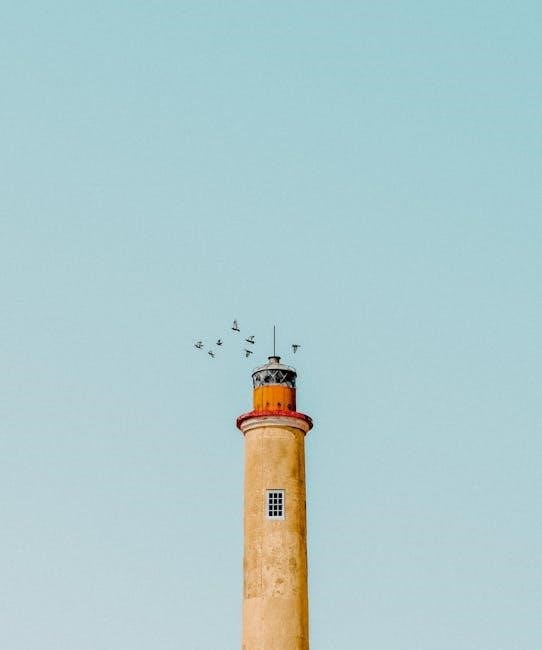
Transportation Options
El Salvador offers various transportation options for travelers. Public buses are affordable and widespread, connecting major cities and towns. For convenience, private shuttles and transfers can be booked in advance. Renting a car is ideal for exploring rural areas, though driving can be challenging due to narrow roads. Taxis are readily available, especially at airports, and ride-hailing apps like Uber operate in larger cities. Bicycles are also a popular choice for shorter distances, particularly near beaches and tourist areas. Always opt for licensed services for safety and reliability.
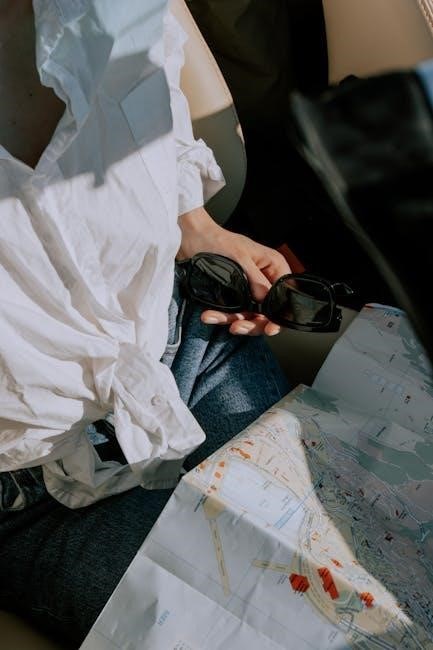
Things to Do in El Salvador
Discover El Salvador’s vibrant culture, stunning landscapes, and thrilling activities. From surfing world-class waves to hiking volcanoes, exploring colonial towns, and enjoying local cuisine, there’s something for everyone.
Adventure Activities
El Salvador offers a variety of thrilling adventure activities for all types of travelers. Surfing is a top choice, with consistent waves at beaches like El Zonte and Punta Roca. For nature enthusiasts, hiking through volcanic landscapes, such as the Santa Ana Volcano or Cerro Verde National Park, provides breathtaking views. Zip-lining over lush coffee plantations is another exciting option. Water activities include kayaking on Lake Coatepeque and exploring waterfalls for canyoning or swimming. These experiences showcase El Salvador’s diverse landscapes and adrenaline-pumping opportunities.
Cultural Experiences
El Salvador offers a rich tapestry of cultural experiences that showcase its vibrant heritage. Visit the colorful festivals like Semana Santa and Fiestas Agostinas, where traditions come alive with music, dance, and art. Indulge in local cuisine, such as pupusas and tamales, at family-run eateries. Explore markets like Mercado Central in San Salvador, where artisans sell handmade crafts. Experience the warmth of Salvadoran hospitality by attending a traditional family gathering or visiting a local village. These experiences provide a deeper connection to the country’s soul and traditions.
Nightlife and Entertainment
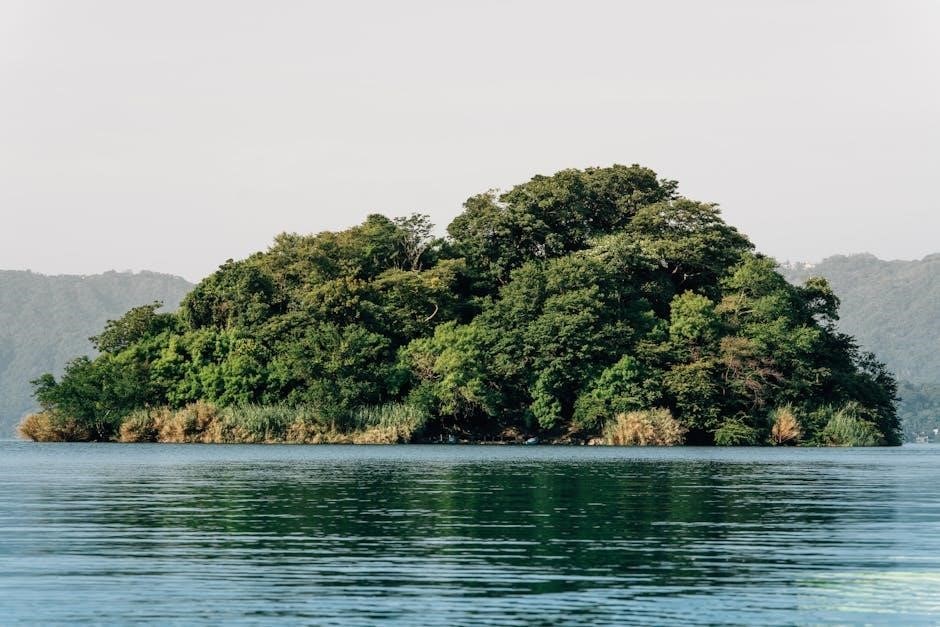
El Salvador offers a vibrant nightlife scene, blending local culture with modern entertainment. San Salvador’s Zona Rosa and Escalón districts are hotspots for bars, lounges, and clubs, featuring live music and themed parties. Beach towns like El Tunco and El Zonte host laid-back surf bars with DJ sets and casual gatherings. For a unique experience, visit traditional dance halls, or “bailes,” where locals dance to tropical rhythms. Many venues stay open late, especially on weekends, making El Salvador a great destination for those seeking both relaxation and lively evenings. Always check local safety advisories before heading out.
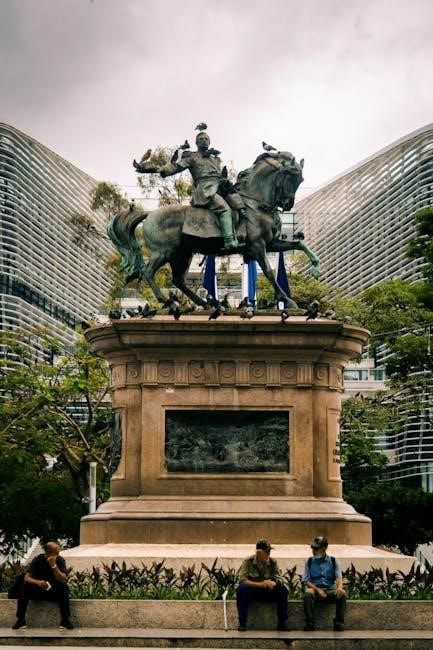
Accommodation in El Salvador
El Salvador offers a diverse range of accommodations, from budget-friendly guesthouses to luxury eco-lodges, ensuring options for every traveler’s needs and preferences.
Budget-Friendly Options
El Salvador offers a variety of budget-friendly accommodations, catering to travelers seeking affordability without compromising comfort. Hostels are a popular choice, with options like Mein Haus Hostal in San Salvador and La Estación in El Tunco, offering dorms and private rooms starting from $10-$20 per night. Guesthouses, known as pensiones or posadas, provide a cozy, local experience at similar prices. Eco-lodges near national parks and beaches also offer affordable stays, often including breakfast and access to nature. Vacation rentals, such as apartments, can be a cost-effective option for longer stays.
Luxury Accommodations
El Salvador offers a range of luxury accommodations, perfect for travelers seeking comfort and sophistication. High-end hotels, boutique resorts, and private villas are available, many located near stunning beaches or scenic landscapes. These establishments often feature amenities like infinity pools, spas, gourmet restaurants, and personalized services. Some luxury accommodations are nestled in colonial towns, blending historic charm with modern elegance. Others are situated in nature reserves, offering a serene retreat with access to activities like golf, surfing, or exploring nearby volcanoes. These upscale options cater to discerning travelers, ensuring a memorable and indulgent stay.
Unique Places to Stay
El Salvador offers a variety of unique accommodations that cater to different tastes and preferences. Eco-lodges nestled in lush forests provide an immersive nature experience, while colonial haciendas blend historic charm with modern comforts. For beach lovers, boutique surf hotels and beachfront bungalows are perfect for catching waves or relaxing by the ocean. Additionally, some rural towns offer homestays, allowing visitors to experience local culture firsthand. These unique stays not only enhance your travel experience but also give you a deeper connection to El Salvador’s diverse landscapes and traditions.
Local Cuisine and Food
El Salvador’s cuisine is a vibrant blend of indigenous and Spanish influences, featuring dishes like pupusas, tamales, and empanadas. Corn, beans, and rice are staples, while fresh seafood thrives along the coast. Explore local eateries, markets, and food tours to savor authentic flavors.
Traditional Salvadoran Dishes
El Salvador’s cuisine is a vibrant blend of indigenous and Spanish influences, offering a variety of flavorful dishes. Pupusas, the national dish, are thick cornmeal flatbreads stuffed with cheese, beans, or pork, often served with curtido (a pickled cabbage salad) and salsa. Tamales are another staple, steamed in banana leaves and filled with meat or vegetables. Plátanos Fritos (fried plantains) are a popular side, while Horchata, a sweet drink made from morro seeds, is a must-try. These dishes reflect the country’s rich culinary heritage and are a delight for any traveler.
Best Restaurants and Cafes
El Salvador offers a vibrant culinary scene, blending traditional flavors with modern twists. For a taste of local culture, visit La Pampa in San Salvador, known for its mouthwatering pupusas and fresh ceviche. Café El Majahual in Suchitoto is a cozy spot for coffee and homemade pastries. La Estación in El Tunco serves up fresh seafood and international dishes with a beachfront view. Don’t miss La Panadería for artisanal bread and sandwiches. These eateries showcase the country’s diverse flavors, from traditional dishes to innovative fusion cuisine.
Local Markets and Food Tours
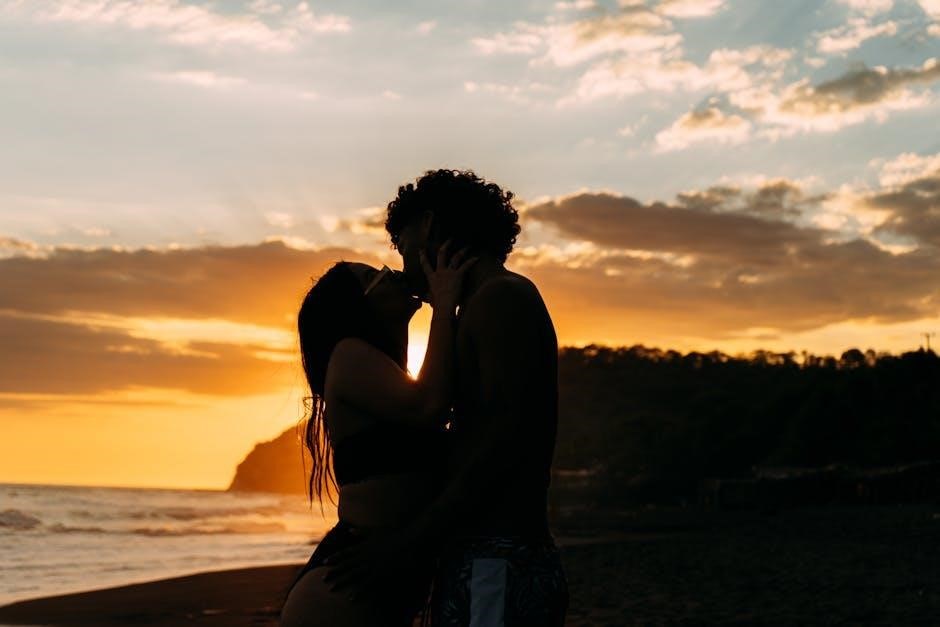
El Salvador’s local markets are vibrant hubs of culture and cuisine. Mercado Central in San Salvador is a must-visit, offering fresh produce, handmade crafts, and traditional snacks like pupusas and empanadas. For a deeper culinary experience, food tours are an excellent choice, allowing visitors to sample authentic dishes and interact with local chefs and farmers. These tours often include stops at family-owned eateries and roadside stands, showcasing the country’s diverse flavors and warm hospitality. Exploring these markets and tours provides a rich cultural immersion and a delicious taste of Salvadoran traditions.
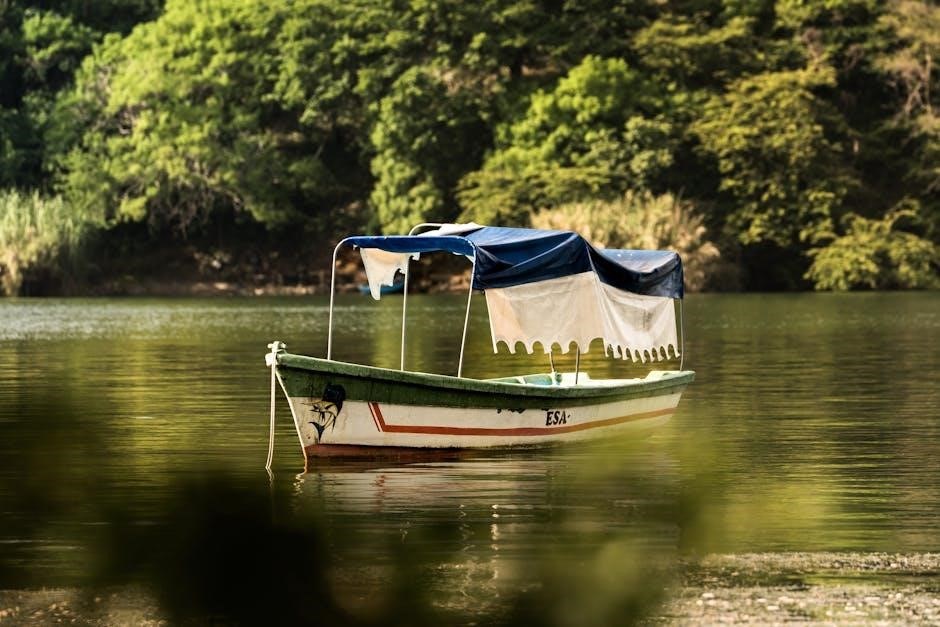
El Salvador, though small, offers a vibrant blend of natural beauty, rich culture, and warm hospitality. From its stunning beaches and volcanic landscapes to its colonial towns and lively markets, there’s something for every traveler. Whether you’re seeking adventure, relaxation, or cultural immersion, El Salvador delivers. Plan your visit thoughtfully, stay informed, and embrace the local spirit. With its unique charm and diverse experiences, El Salvador is a must-visit destination in Central America.
